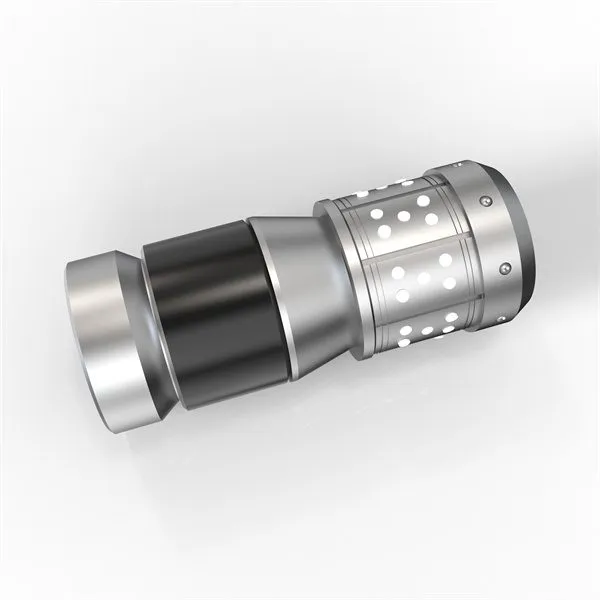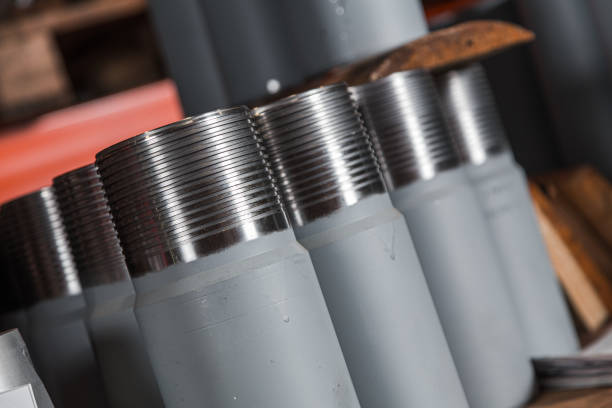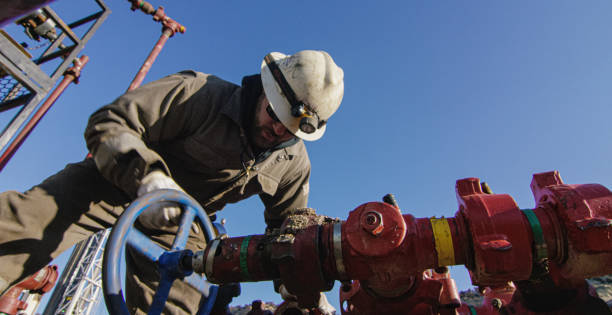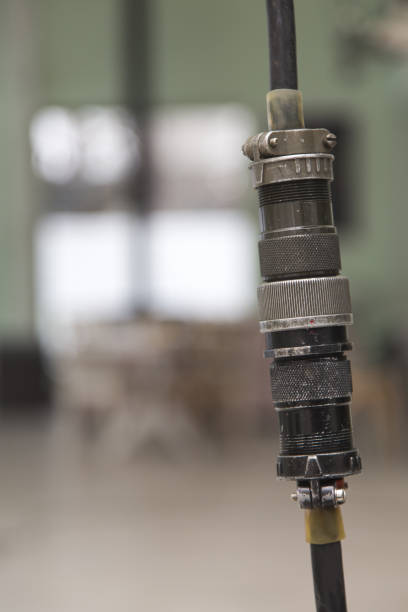English
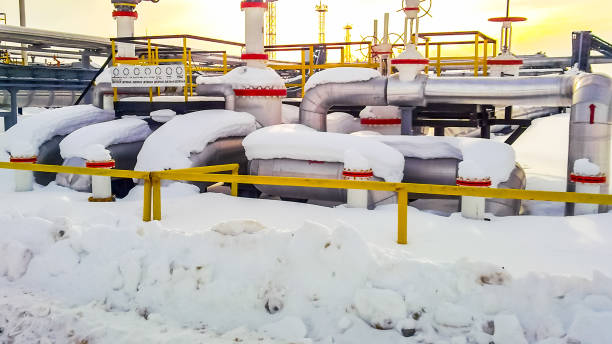
Electric gate valve for petroleum equipment

In the highstakes world of oil and gas, precision, safety, and reliability are nonnegotiable. That’s why the electric gate valve for petroleum equipment has become a vital component in upstream, midstream, and downstream operations. Designed t
o withstand high pressures, corrosive fluids, and extreme temperatures, these motoroperated valves ensure consistent and remotecontrolled fluid management in petroleum systems.
What Is an Electric Gate Valve?
An electric gate valve is a type of isolation valve that uses a motorized actuator to open or close a gatelike barrier within a pipeline. When integrated into petroleum equipment, it allows operators to start, stop, or regulate the flow of oil, gas, or petroleumbased fluids with precision—either manually or automatically via a control system.
Unlike manual or pneumatic valves, electric gate valves offer:
Remote operation for hardtoaccess installations
Precise positioning and feedback integration
Failsafe controls and automatic shutdown options
Reduced human error in critical pipeline operations
Key Features of Electric Gate Valves for Petroleum Applications
When selecting an electric gate valve for petroleum equipment, the following features are essential:
- Robust Construction Body materials: carbon steel, stainless steel, or alloy steel
Sealing elements: PTFE, graphite, or metaltometal seals
Designed for API 6D, ISO, or ASME standards - High Pressure & Temperature Resistance Operating pressure: 150 to 2500 class
Temperature range: 46°C to +425°C, suitable for both arctic and desert conditions - ExplosionProof Electric Actuator Suitable for hazardous environments (ATEX/IECEx compliant)
Available in onoff or modulating control configurations - Smart Automation Integration Compatible with SCADA, DCS, or PLC systems
Feedback signals: 4–20mA, Modbus, HART, Profibus Applications of Electric Gate Valves in Petroleum Equipment
Electric gate valves are used in various petroleumrelated settings, including:
Crude oil pipelines – Mainline isolation and emergency shutoff
Petroleum refining units – Process control in fluid catalytic cracking (FCC), hydrotreating, etc.
Offshore platforms – Valve actuation in unmanned or hardtoreach areas
Storage and distribution terminals – Automated tank and flow management
Wellhead and injection systems – Corrosionresistant control under high pressure
Conclusion
In petroleum applications, where system downtime can lead to substantial financial loss and safety risks, investing in a reliable electric gate valve is essential. From crude oil pipelines to refinery process units, these valves provide secure, remote, and efficient flow control under the most demanding conditions.
Choose a reputable electric gate valve manufacturer to ensure durability, compliance, and control—because in oil and gas, there’s no room for compromise.




